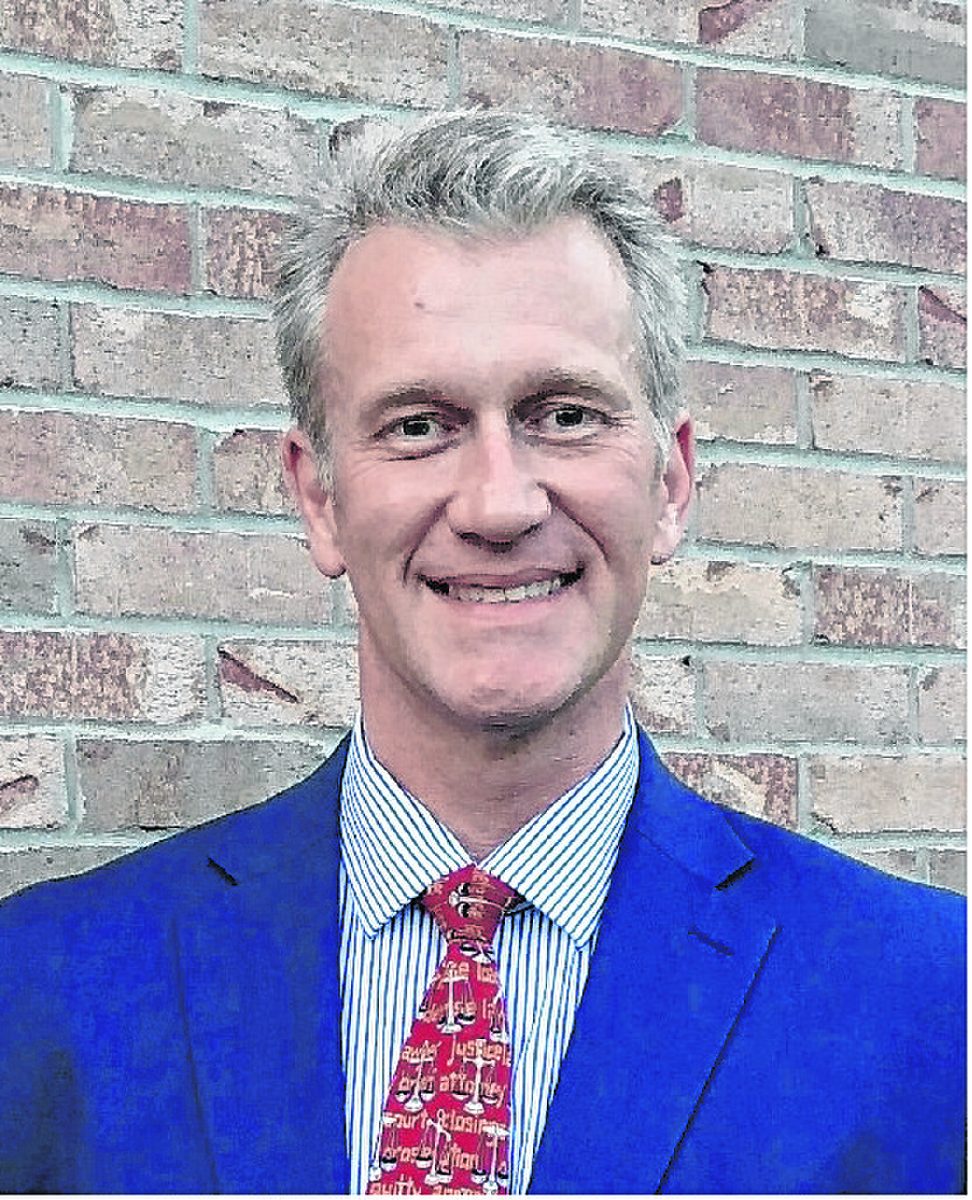
For The Tribune
Indiana State Police detectives have turned over their investigation involving two Columbus Police Department officers to a special prosecutor in Jackson County.
Indiana State Police spokesman Stephen Wheeles confirmed the investigation has been turned over to special prosecutor Jeff Chalfant, who is the Jackson County prosecutor.
Chalfant said he is continuing to review the Indiana State Police case, saying it is a fairly large document and he is “working my way through it.”
“It’s going to take some time,” Chalfant said Wednesday.
In earlier interviews, Indiana State Police said detectives combed through “a ton” of documents in the course of the investigation.
“We’re talking about lots of paper, time sheets, records. There’s computer files,” Chalfant said.
He said he does not yet know a time frame when a decision might be made about charges.
The Columbus Police Department turned the investigation over to the Indiana State Police last fall after it conducted an internal investigation of two Columbus police officers accused of working secondary jobs during the hours they were also working as law enforcement officers.
An internal Columbus Police Department investigation began in September after a report was made to the police department, Lt. Matt Harris, CPD spokesman, said in an earlier interview.
On Nov. 29, as a result of the internal investigation, Lt. Dan Meister, a 22-year veteran of the department, took a position of patrol officer, Harris said. He no longer has supervisory responsibilities with the department, Harris said. Meister has continued to be assigned to non-law enforcement roles with the department since Nov. 29, Harris said.
Officer Ron May, a 31-year veteran of the department, on Nov. 29 announced his intention to retire effective in May, Harris said. Due to accumulated vacation and severance, May has not been working in law enforcement for the department since Nov. 29, Harris said.
Columbus Regional Health officials confirmed in November that Meister and May were dismissed from their independent contractor jobs as hospital security Nov. 30, one day after CPD completed its internal investigation into accusations that the officers worked a secondary job while on a CPD shift.
The department is prohibited by state law to reveal the results of its internal investigation, Harris said.
There are a number of Columbus Police Department and Bartholomew County Sheriff’s Department officers who have off-duty employment with the hospital to provide additional security, Columbus police said. The officers do wear their uniforms with the permission of each of the departments.
Bartholomew County Sheriff Matt Myers said about six deputies have received permission from the sheriff’s department to work in a security role at the hospital. Each is required to have permission and to complete paperwork, including proof that they are insured for duties outside their role as a sheriff’s department employee, he said.
There are requirements for an officer to be approved for the duty, including being in good standing with the department, having fulfilled their probationary time with the department (one year), that the work hours must be scheduled to not interfere with the performance of their regular CPD duties, Harris said.
Officers who are suspended, on sick leave or on light duty are not permitted to work “extra duty employment,” Harris said.
Other areas that officers work extra duty employment include hotels, special events or at The Commons, he said, describing it as a common occurrence as long as the officers meet the requirements set by the department.
Kelsey DeClue, Columbus Regional Health spokeswoman, said the local law enforcement officers work as independent contractors for the hospital system to supplement and enhance security provided by Protective Services, the hospital’s security company. She emphasized that the officers are not considered security guards, but rather to provide enhanced security.
Hospitals are identified as critical infrastructure by the Department of Homeland Security as part of a community’s emergency preparedness, warranting the need for added security and safety measures for patients, workers, visitors and others, DeClue said.
Off-duty law enforcement officers have been serving in the security role at the hospital since the 2008 flood, which destroyed portions of the facility, Harris said.
“The ‘first responder’ relationships we value with Columbus Fire Department, Columbus Police Department and others are just another arm of how the organizations cooperate and work together for the benefit of public safety and security,” DeClue said.
“These officers’ relationship with us is independent from any contracts the law enforcement agencies have with other entities,” she said. “It is the officer’s responsibility to get approval and communicate with Columbus Police Department (or their agency) about this. It is then our understanding these officers have approval to have an independent contract with the hospital.”
DeClue said the officers are not hospital employees, and the officers are not paid as a CRH workforce employee. Work shifts, pay and other details are arranged with Protective Services by the officers who apply to work security when off-duty, she said.
Officers who work the security shifts have a responsibility to manage their own schedules as the hospital does have a work schedule with them, DeClue said. They are paid as independent contractors with paychecks going directly to each officer.
